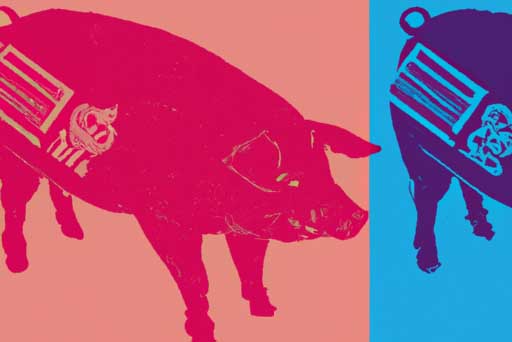TLDR:
In recent years, web scraping has become a hot topic due to advancements in artificial intelligence. While web scraping serves important functions in search engines and AI development, it is also used for unethical purposes such as stealing content and compromising sensitive data. The legality and ethics of web scraping are still up for debate, and organizations must take proactive measures to protect their information.
Key points:
- Web scraping refers to using automated software to collect large amounts of data from the internet. It plays a vital role in search engines and AI development.
- Web scraping can be used for both legitimate and malicious purposes. Legitimate uses include price comparison services and sentiment analysis on social media. Malicious uses include identity theft and data breaches.
- The morality and legality of web scraping are in question. There are concerns about copyright infringement and the use of scraped content for AI training.
- Stopping web scrapers requires implementing effective bot management solutions to detect and mitigate automated web traffic.
- Organizations must take proactive measures to protect their data from web scrapers because legal recourse is often limited and reactive.
Web scraping, the process of using automated software to collect large amounts of data from the internet, has become a contentious topic in recent years. While web scraping serves important functions in search engines and AI development, it is also used for unethical purposes such as stealing content and compromising sensitive data.
Web scraping plays a vital role in powering search engines and other critical web services. It allows for the collection and analysis of data for various purposes, such as sentiment analysis on social media or price comparison services. However, the legality and ethics of web scraping are still up for debate.
One concern is the copyright implications of web scraping. Generative AI and large language model (LLM) tools rely on web scraping for training, but this raises questions about the use of copyrighted content without permission.
Another concern is the ethical use of web scraping. While price comparison tools are generally accepted as a reasonable use case, scraping pricing data from rival businesses for a competitive advantage is more dubious. Some web scrapers even reuse content without permission, confusing search providers and damaging a company’s brand reputation.
The legality of web scraping is also in question. While a judicial ruling in 2022 affirmed that scraping publicly available data is legal, taking legal action against web scrapers can be challenging. Organizations must prove verifiable harm, such as theft of intellectual property or violation of terms of service. The interpretation and enforcement of laws regarding web scraping can also vary widely between jurisdictions.
To protect against web scrapers, organizations must take proactive measures. Implementing effective bot management solutions can help detect and mitigate automated web traffic. These solutions can protect websites, mobile applications, and APIs from hackers, competitors, and other malicious actors using automated bots for web scraping.
In conclusion, web scraping serves vital functions in search engines and AI development, but it is also used unethically. The legality of web scraping is still up for debate, and organizations must take proactive measures to protect their data from web scrapers. Implementing bot management solutions is essential to detect and mitigate automated web traffic and prevent unauthorized web scraping.









